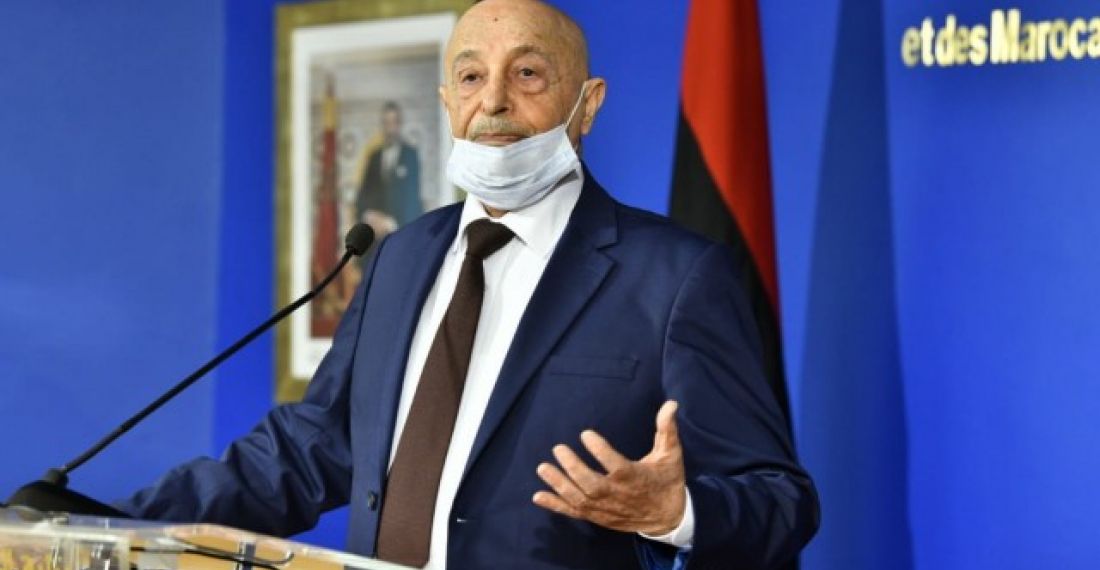The Moroccan city of Tangiers is hosting the consultative meetings of the several Libyan parliamentarians. The consultative meetings will continue until the 25th of November with the aim to unify voices and prepare for a local session in Libya.
Libyan parliamentarian Ismail al-Sharif, who is taking part in the consultative meeting, told The Arab Weekly by phone that the aim of this meeting is to coordinate positions and agree on a mechanism that would end parliamentary division in order to create appropriate conditions for a general parliamentary session to be attended by all members.
The Libyan House of Representatives (HoR) is one of the legislative bodies aiming to take part in the political future of the country. The ongoing session in Tangier, northern Morocco, will allow deputies from HoR based on Tripoli and Tobruk to discuss the recent developments of the political crisis, notably the future legislative and presidential elections.
More than 90 out of 200 deputies are taking part in the Tangiers meetings.
In recent months, Morocco has played an important role in facilitating negotiations between the parties involved in the Libyan crisis. The country hosted three sessions of the Inter-Libyan Dialogue in Bouznika, near Rabat, from September to November.






